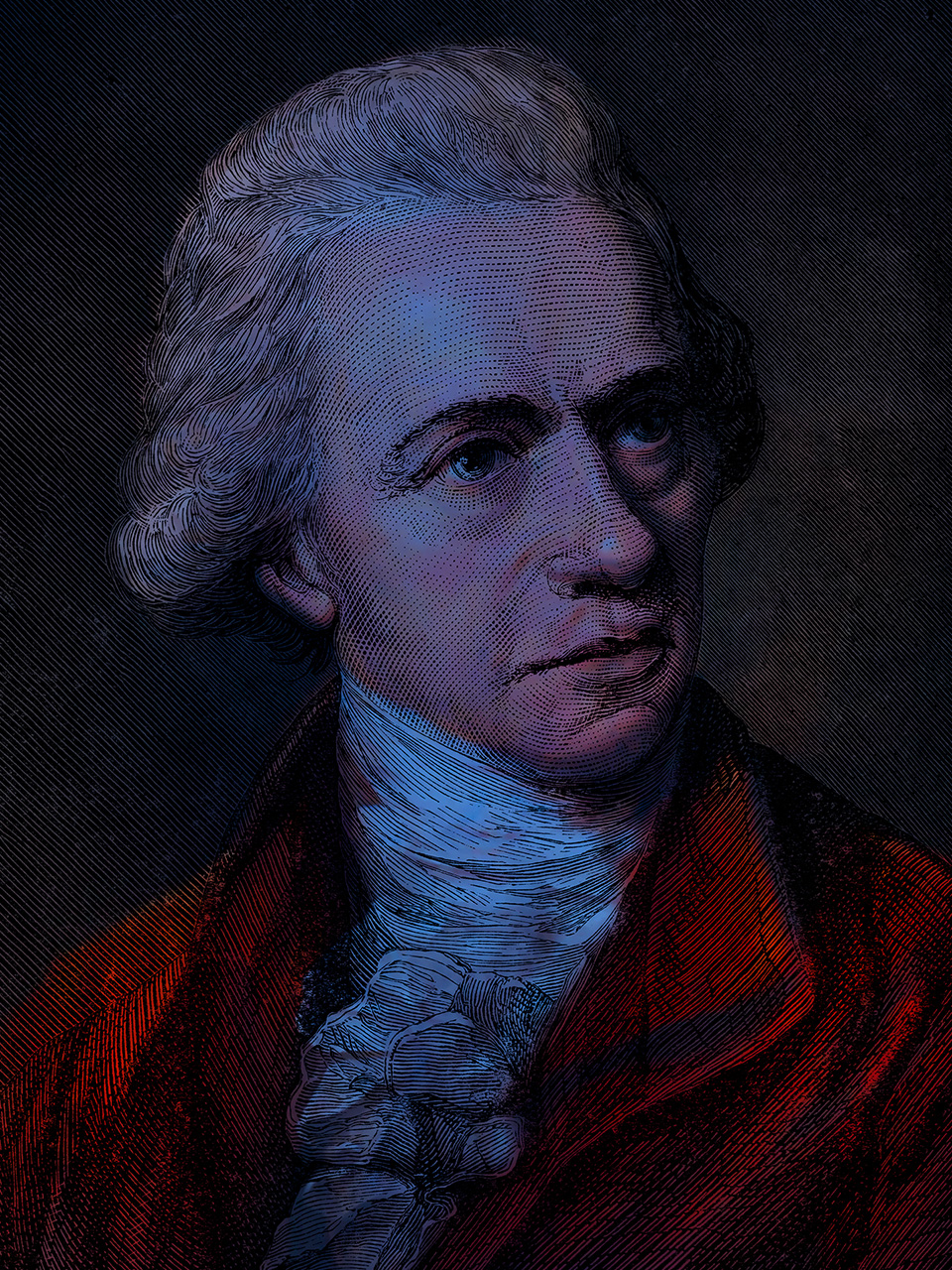
Tap to Read ➤
William and Caroline Herschel - An Unusual Pair of Astronomers
Buzzle Staff


Some of the greatest discoveries in astronomy have been made by amateur or self taught astronomers. Two of the most important were William and Caroline Herschel.

Thomas Alva Edison once said that genius is one percent inspiration and 99 percent perspiration. He further went on to say, "I never did anything worth doing by accident, nor did any of my inventions come by accident. They came by work." Just as that was true of Edison, it was certainly true of William Herschel and his sister Caroline.

Frederick William Herschel was born in Hannover, Germany, in 1738.

Since his father was a musician, and believed in instilling culture in his numerous children, William was raised as a musician, learning to play the oboe like his father.
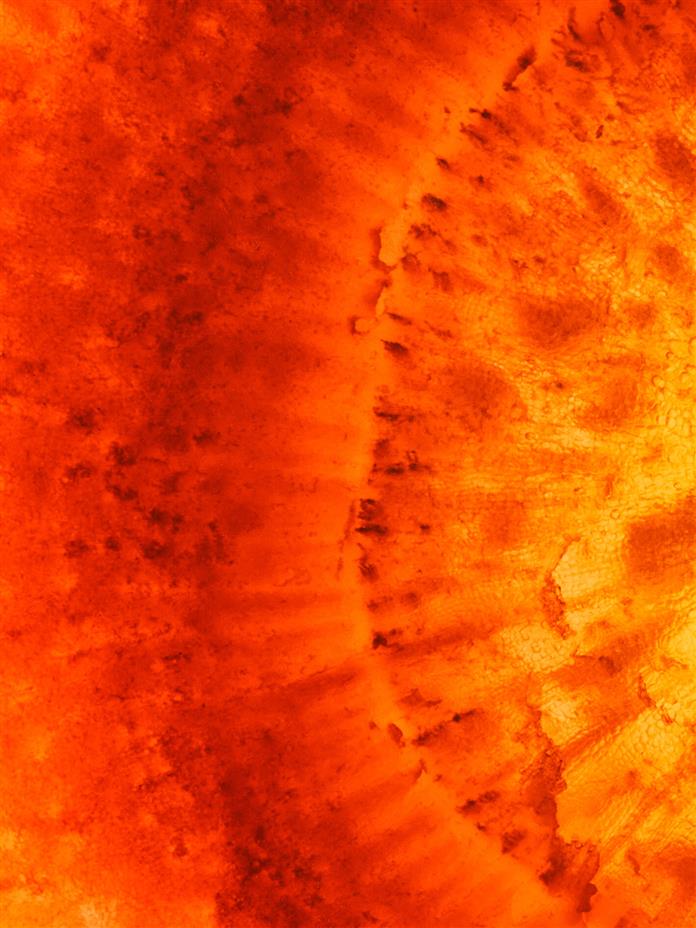
His mother believed herself to be a more practical person, disdaining things like reading, writing, books, and music, as merely ways to waste time and get into trouble. Her daughters, most naturally, suffered the most from this attitude, being permitted to learn only domestic skills, such as sewing and cooking.
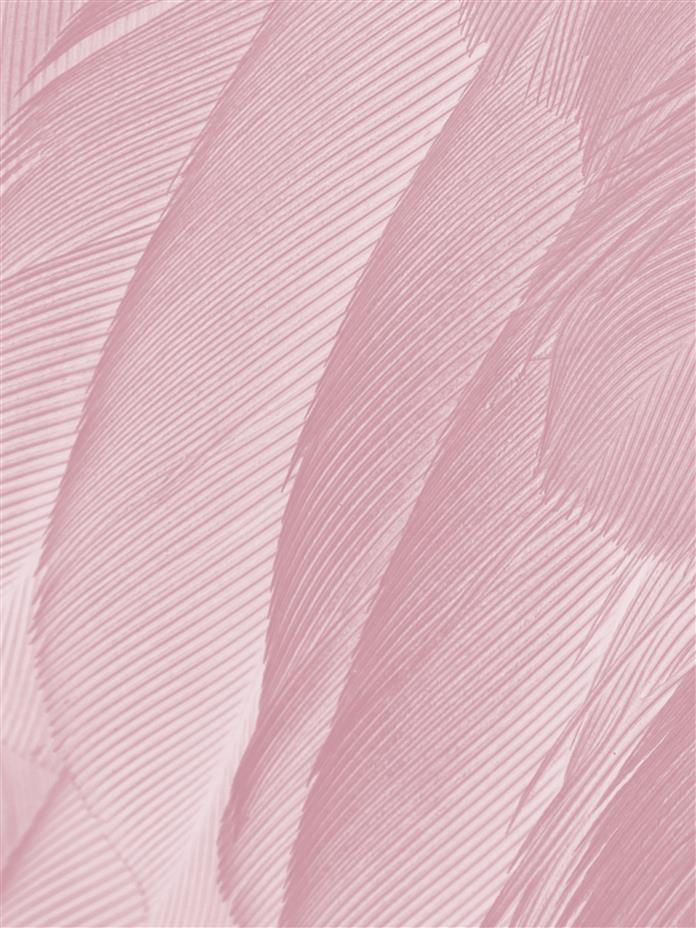
When he was 17, William left home and joined the Hannoverian Guards, as the oboist. With them he journeyed to England. He left the guards after a two year period, but chose to remain in England, finding work as a composer, organist, and music instructor.
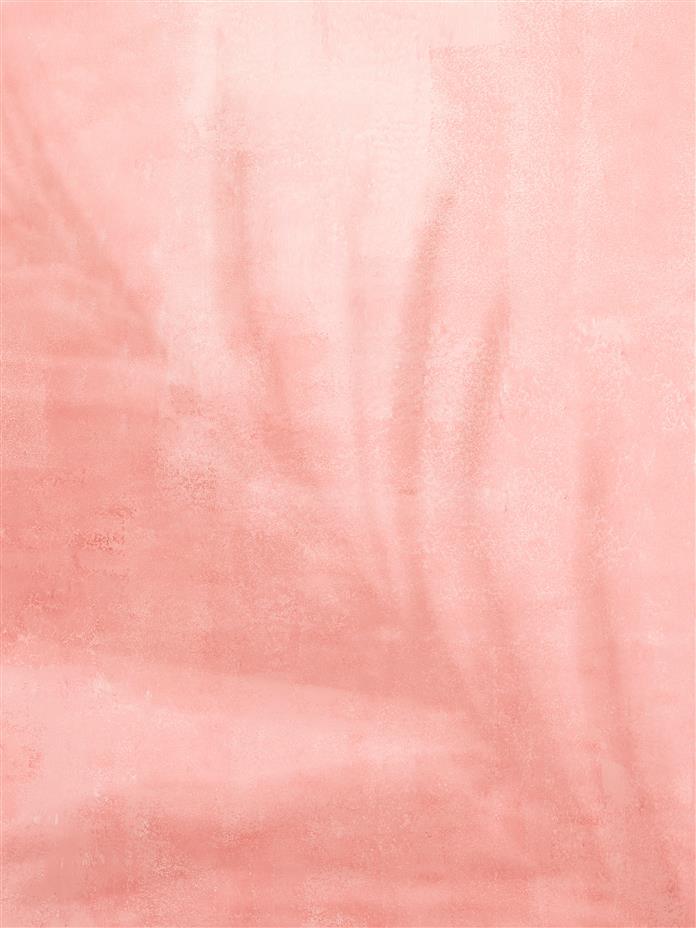
As the years passed, his younger sister Caroline also began to chafe under the confines imposed by their mother. Finally, while visiting Germany seven years after the death of their father, he agreed to bring her back to England with him.
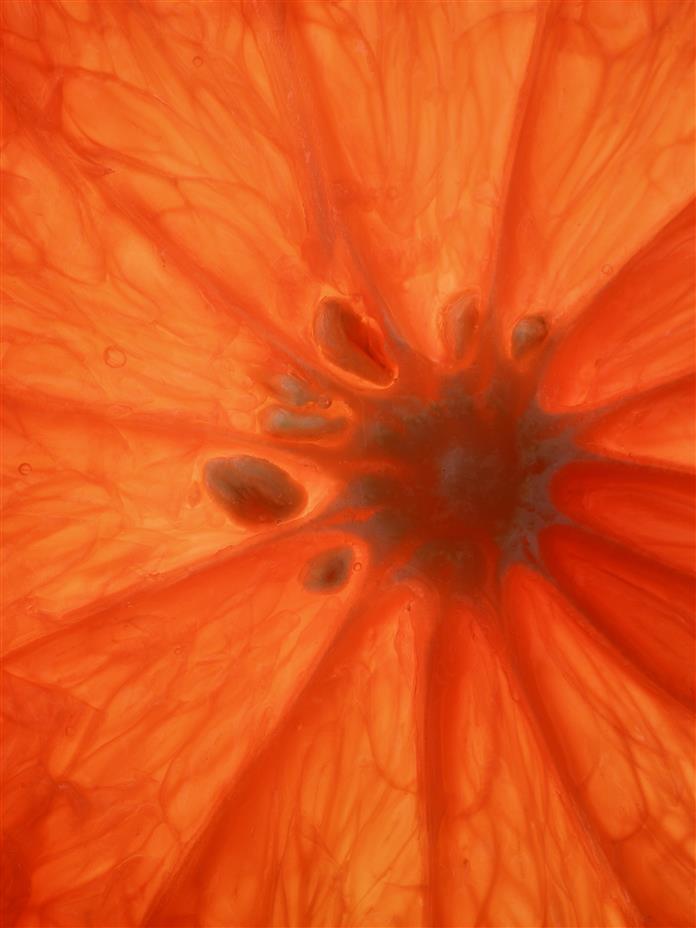
And so began an interesting collaboration that would have repercussions in the world of astronomy down to our day. William had been reading books on science and mathematics, and had become obsessed with astronomy. First he rented a telescope and began to survey the heavens, drawing Caroline into his observations.
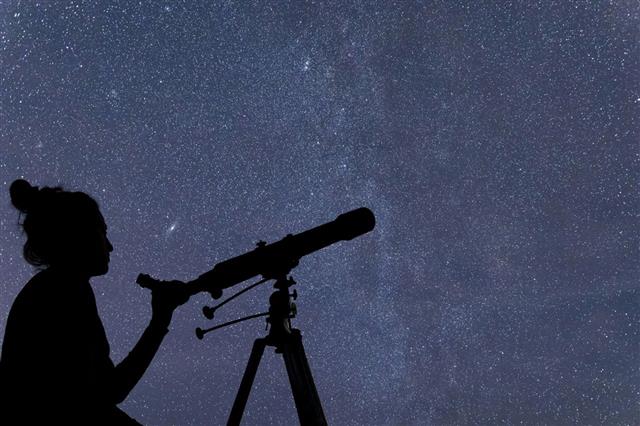
Soon he was trying to build his own telescope.

When his brother Alex, the expert machinist, came for a visit, the three of them were off on a whirlwind campaign of telescope building.
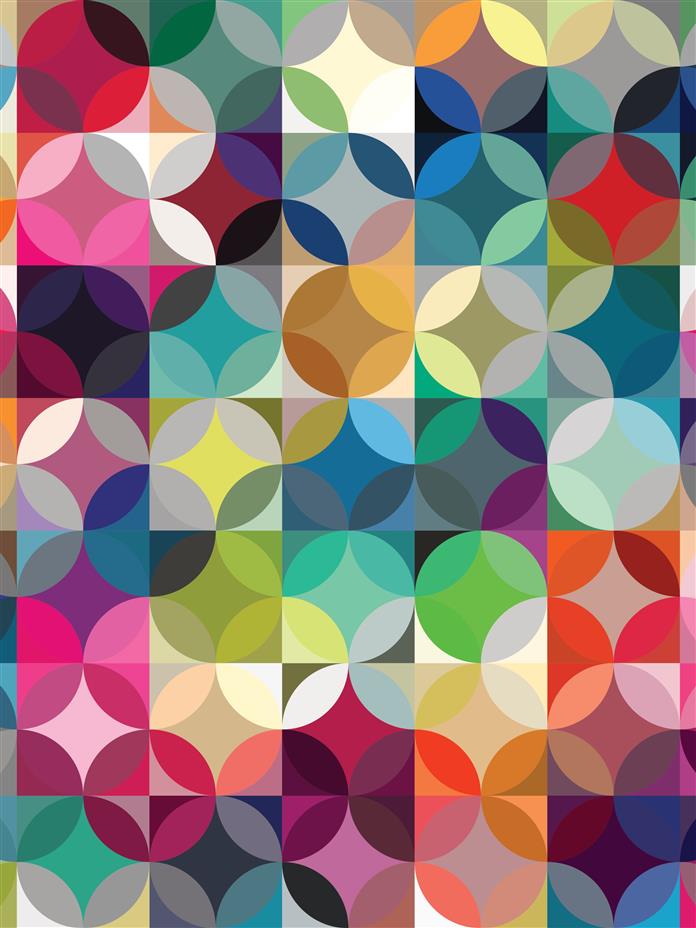
William in particular was so fixated on this work, Caroline worried constantly about his health. She even wrote in her journal that she had to literally keep him alive by putting pieces of food in his mouth while he worked.

Once William worked for a solid sixteen hours to finish a seven foot mirror. Over his lifetime, William built, with his own hands, over 400 parabolic mirrors for Newtonian type telescopes.
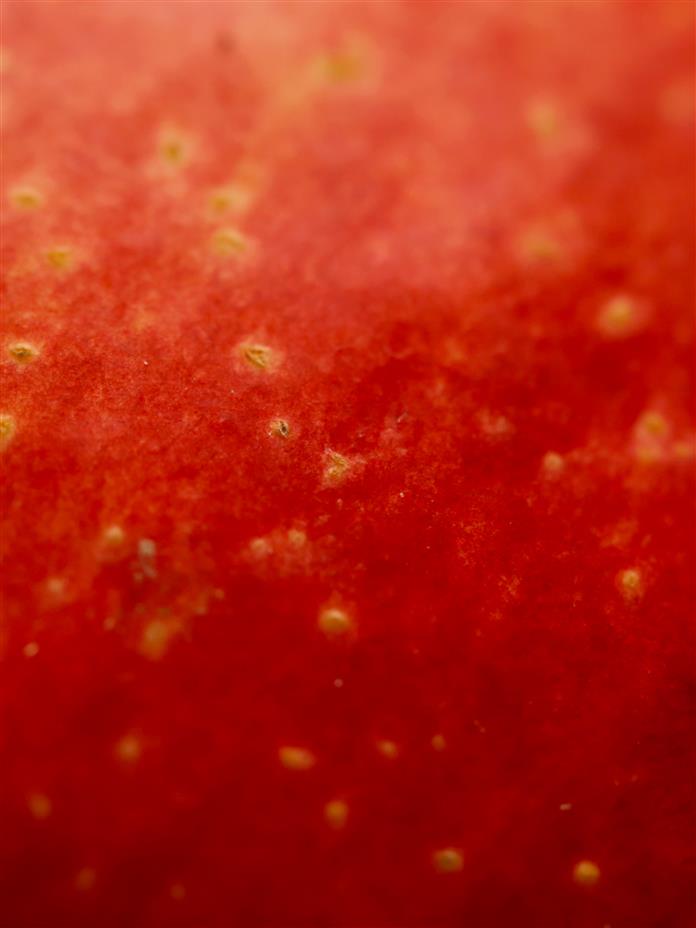
The point of building a telescope was to use it. Both William and Caroline regularly stayed up all night, making observations. They deliberately scanned the entire visible heavens four times, each sweep taking about two years. William is most famous for discovering Uranus, which was the first planet discovered by "modern" man.

He later discovered two of its moons, along with the sixth and seventh moons of Saturn. He cataloged 2,500 nebulae and discovered more than 800 double stars, which he showed revolved around each other. He estimated the brightness of hundreds of stars and measured the motion of various stars, including our own.

William also tried to estimate the size and shape of the Milky Way.

In addition to assisting her brother, Caroline often made observations using her own smaller telescopes. She is thus credited with discovering eight comets and numerous nebulae.
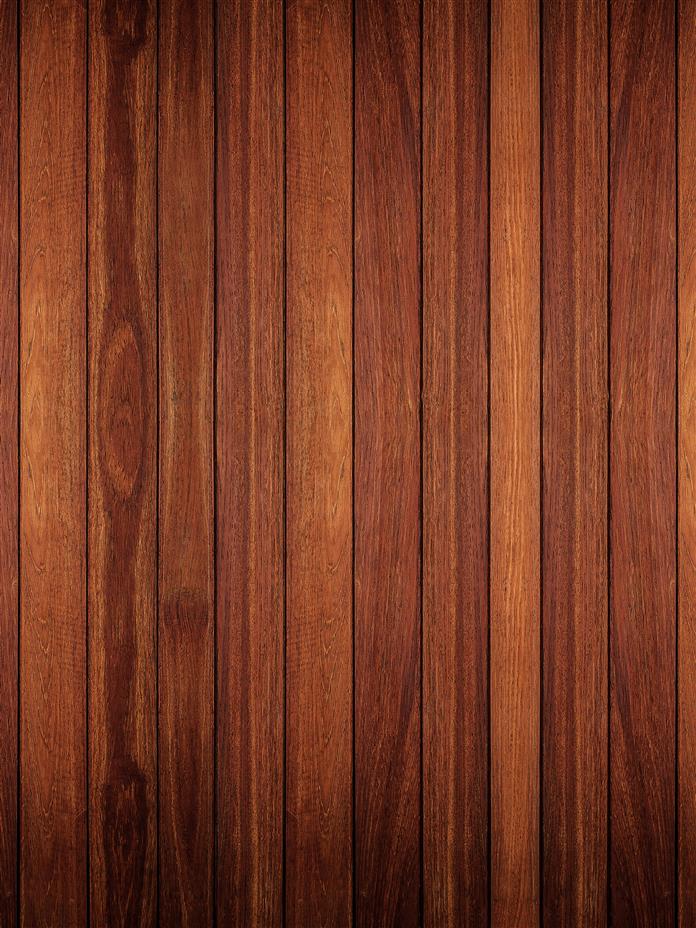
Ironically, William lived to be 84 years old, the time it takes for a single orbit of Uranus around the sun. Caroline lived to be 98 years old. After escaping from what each felt was a confining situation at home, they roamed the Milky Way galaxy and beyond, and through their hard work, made great contributions to the world of astronomy.